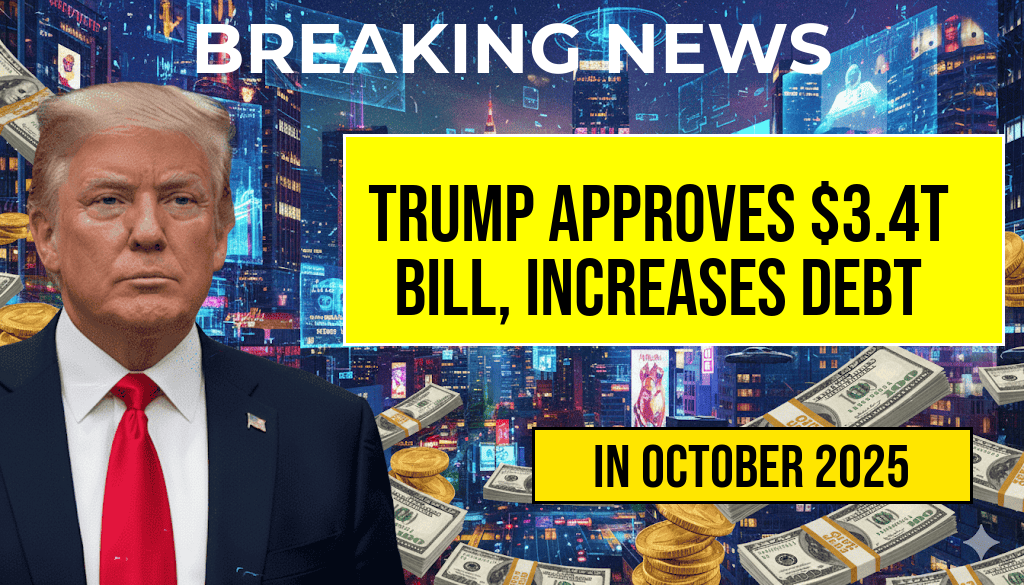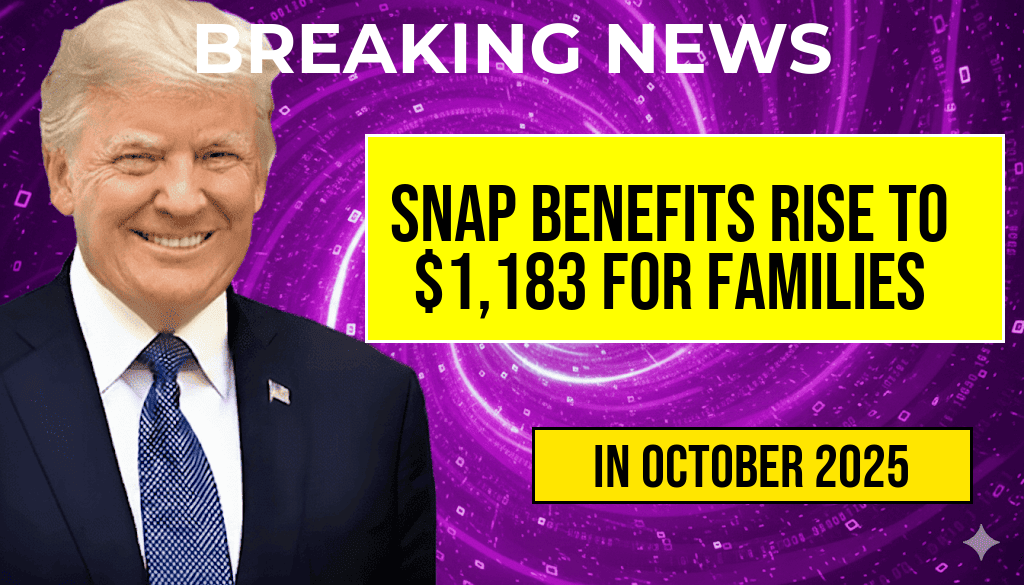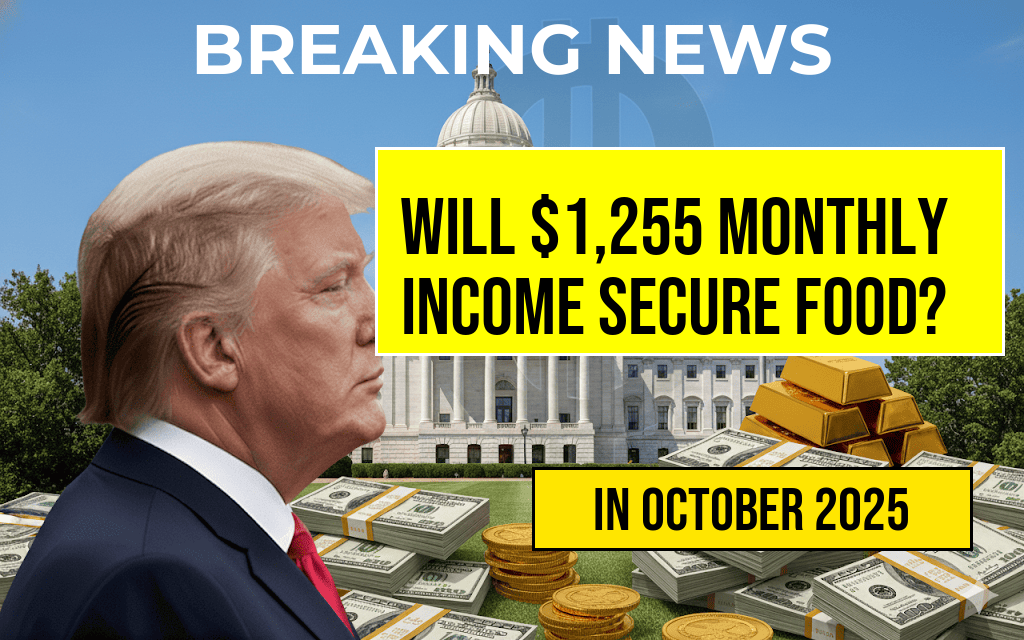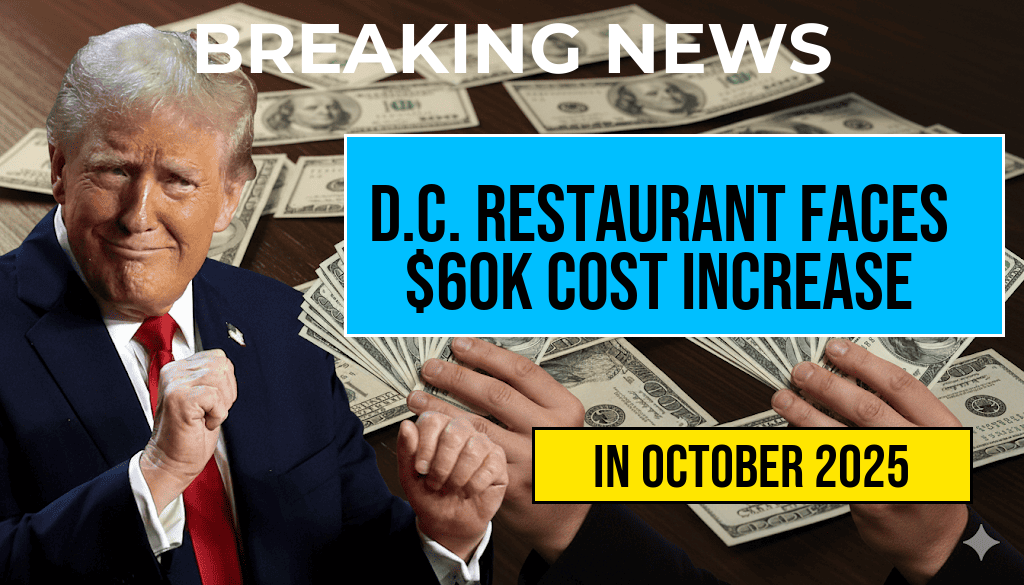In a significant move that is expected to reshape the financial landscape of the United States, former President Donald Trump has approved a historic $3.4 trillion mega-bill. This legislation is projected to increase the national debt by an additional $4 trillion, a decision that has drawn both support and criticism from various sectors. Notably, Trump has vowed not to impose taxes on tips, a promise that has raised eyebrows among fiscal conservatives and those advocating for tax reform. This bill is part of an ongoing debate regarding fiscal responsibility, government spending, and economic recovery in the wake of the COVID-19 pandemic.
Key Provisions of the Mega-Bill
The mega-bill encompasses a range of provisions aimed at stimulating economic growth and addressing pressing social issues. Key components include:
- Infrastructure Investment: A significant portion of the bill is dedicated to rebuilding and modernizing the nation’s infrastructure, including roads, bridges, and public transit systems.
- Healthcare Funding: Increased allocations for healthcare services aim to improve access and reduce costs for millions of Americans.
- Education Initiatives: The legislation includes funding for educational programs and resources, particularly in underserved communities.
- Tax Relief for Service Workers: Trump’s commitment to exempt tips from taxation is designed to provide financial relief to service industry workers, a group heavily impacted by the pandemic.
Economic Implications
The approval of this mega-bill comes at a time when the U.S. economy is showing signs of recovery, yet challenges remain. With the national debt projected to reach unprecedented levels, economists are expressing concern over long-term fiscal sustainability. Critics argue that increasing the debt burden could have dire consequences for future generations, potentially leading to higher taxes and reduced public services.
Support for the Bill
Proponents of the bill, including many Democrats and some moderate Republicans, argue that the investments in infrastructure and social services are necessary for boosting economic growth. They contend that such spending will create jobs and stimulate demand, ultimately offsetting the costs associated with increased debt. Furthermore, supporters highlight the importance of providing financial support to service workers, who have faced significant economic challenges during the pandemic.
Opposition and Concerns
On the other hand, fiscal conservatives and some economists caution against the potential ramifications of such a substantial increase in national debt. They argue that the long-term effects of borrowing could lead to inflation, higher interest rates, and decreased investment in the economy. Additionally, some critics question the effectiveness of the proposed spending, suggesting that it may not deliver the anticipated economic benefits.
Public Reaction
The public response to the mega-bill has been mixed. While many service industry workers have welcomed the promise of no tax on tips, concerns about the overall increase in debt have sparked debate among voters. Polling data indicates that a significant portion of the electorate is wary of further government spending, particularly if it leads to increased taxes in the future.
Looking Ahead
As the mega-bill moves forward, it will be critical to monitor its implementation and assess its impact on the economy. The ongoing discussions around fiscal responsibility, government spending, and taxation will likely shape the political landscape leading into future elections. Observers are keeping a close eye on how this legislation will influence public opinion and the broader economic recovery.
For further information on government spending and national debt, you can refer to sources such as Wikipedia on National Debt and Forbes on National Debt.
Frequently Asked Questions
What is the significance of Trump’s approval of the $3.4 trillion mega-bill?
The approval of the $3.4 trillion mega-bill signifies a substantial increase in government spending aimed at stimulating the economy. This decision is expected to impact various sectors, including infrastructure, healthcare, and education.
How will the mega-bill affect the national debt?
The mega-bill is projected to increase the national debt by an estimated $4 trillion, raising concerns about long-term fiscal sustainability and potential impacts on economic growth.
What stance does Trump take on taxing tips?
Trump has vowed that there will be no tax on tips, indicating his administration’s intention to protect the income of service workers and support the hospitality industry amidst the economic recovery.
What areas will benefit from the funding in the mega-bill?
The funding from the mega-bill will be allocated to various sectors, including infrastructure projects, healthcare improvements, and education enhancements, aiming to create jobs and boost economic growth.
What are the potential criticisms of the mega-bill?
Critics may argue that increasing the national debt by $4 trillion could lead to higher future taxes and economic instability. Additionally, concerns about effective allocation of the funds may arise, questioning whether the spending will yield the intended economic benefits.






